FIT CTU
Adam Vesecký
vesecky.adam@gmail.com
Lecture 1
Games
Architecture of Computer Games
What are games
What is a game?
A game is something you play. Something that is fun to play. A fun is a pleasure with surprises. (Jesse Schell)
A game is an interactive structure of endogeneous meaning that requires player to struggle toward a goal. (Greg Costikyan)
Games are exercise of control systems, in which there is a contest between powers, confined by rules, producing a disequlibrial outcome. (Elliot Avendon)
What is a game?
A game is a system in which players engage in an artificial conflict, defined by rules, that results in a quantifiable outcome. (Sales &Zimmerman, 2004)
A game is an activity defined by rules in which players try to reach some sort of goal.
(Alexander Galloway, 2006)
Games are series of meaningful choices.
(Sid Meyer, 2012)
What is a game?
What is a computer game?
Computer Application
- a computer program that helps a user to perform a task
Computer game
- a computer-controller game where players interact with objects displayed on a screen for the sake of entertainment.
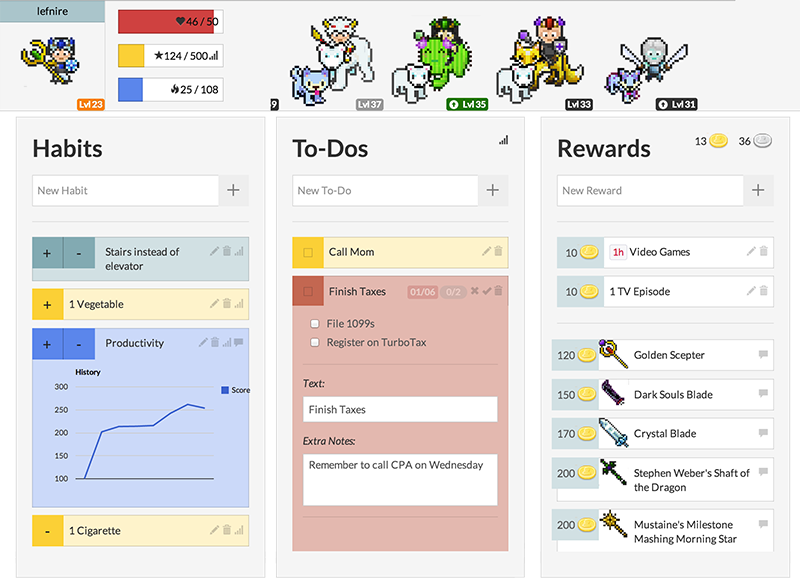
Habitica
Computer games VS applications
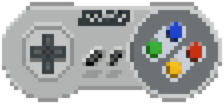
Entertainment
Gameplay
Dynamics
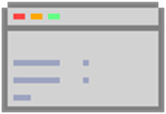
Tool
Use-cases
Feedback
Generic definition
Computer games are real-time interactive agent-based simulators.
Why do we play games?
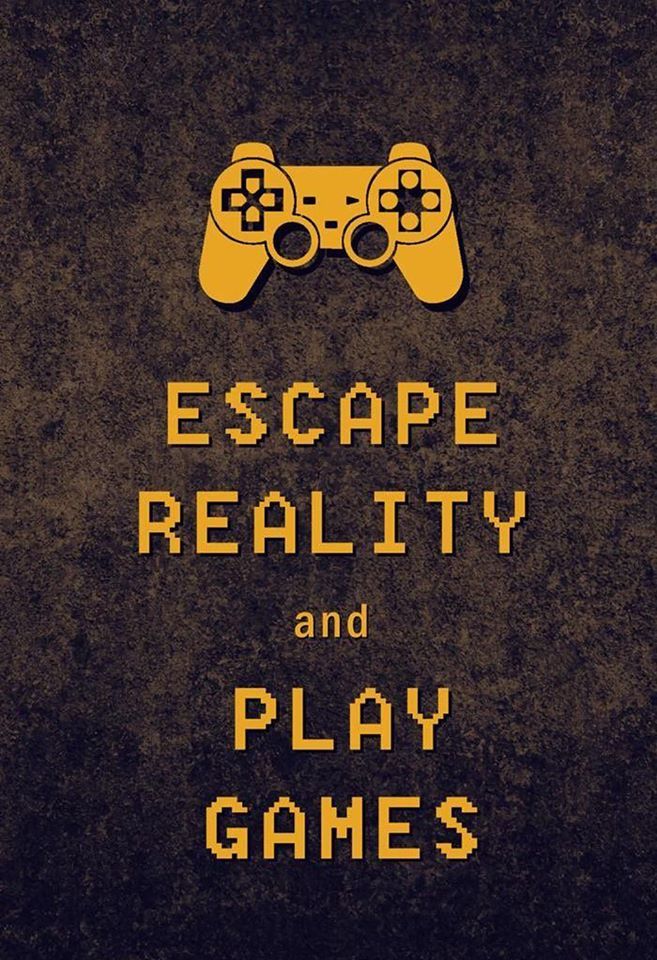
Achievers
- interested in goals in a game to show off
- speed runners, Minecraft builders
Explorers
- like to understand the full extend of a game space
- single-player and solo gamers
Socializers
- more interested in other players than the gameplay
- co-op players, Mario Kart racers
Destroyers
- players who want to win but also dominate game
- they love competition
How do we play games?
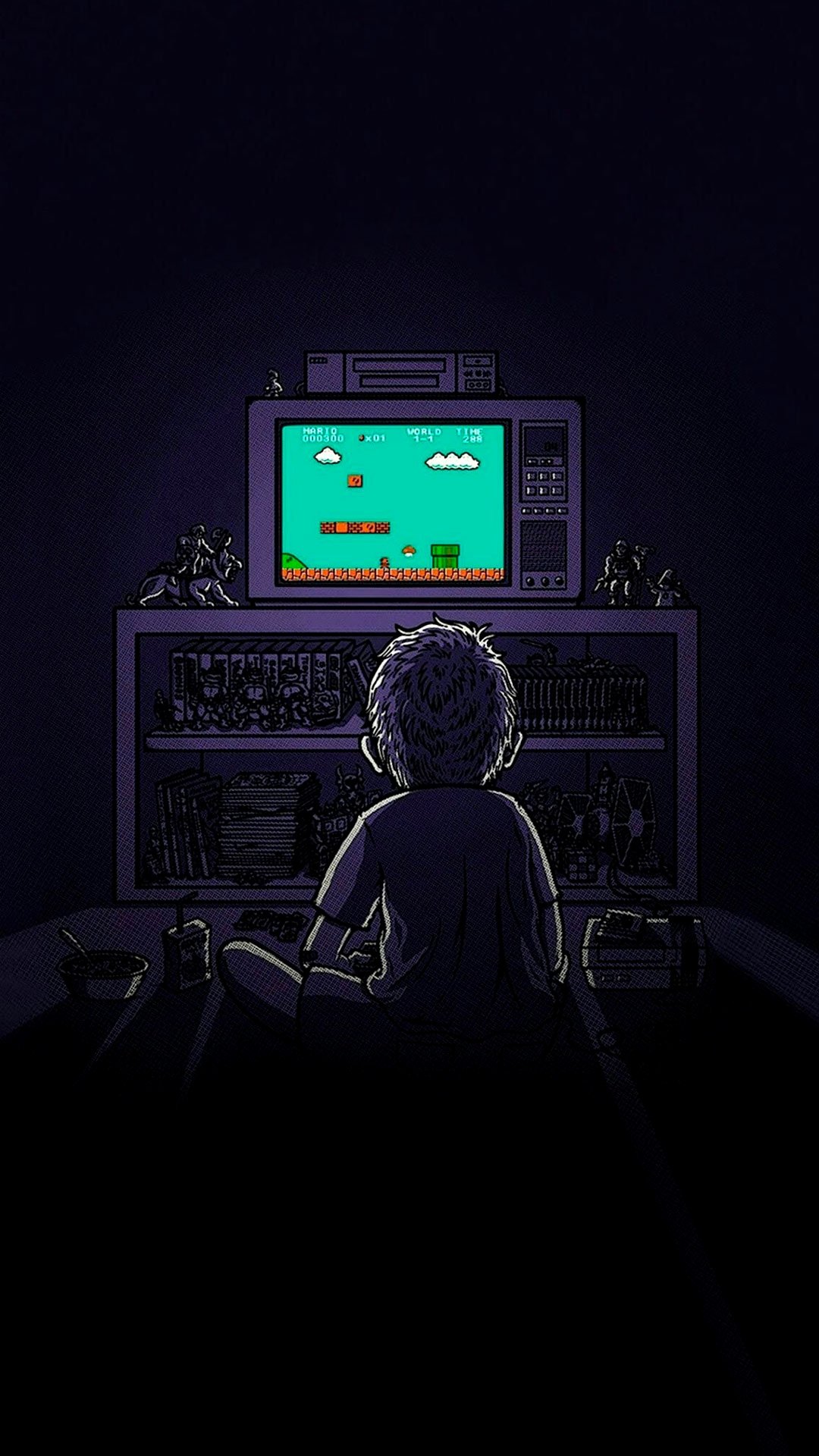
- competitive play - someone wins, someone loses
- cooperative play - experience through cooperation
- skill-based play - game emphasizes player's skill development
- experience-based play - experience through exploration, story unfolding,...
- whimsical play - emphasizes silly actions
- expressive play - subverts player's choice to express something
- simulation-based play - models a real-world system
Game genres
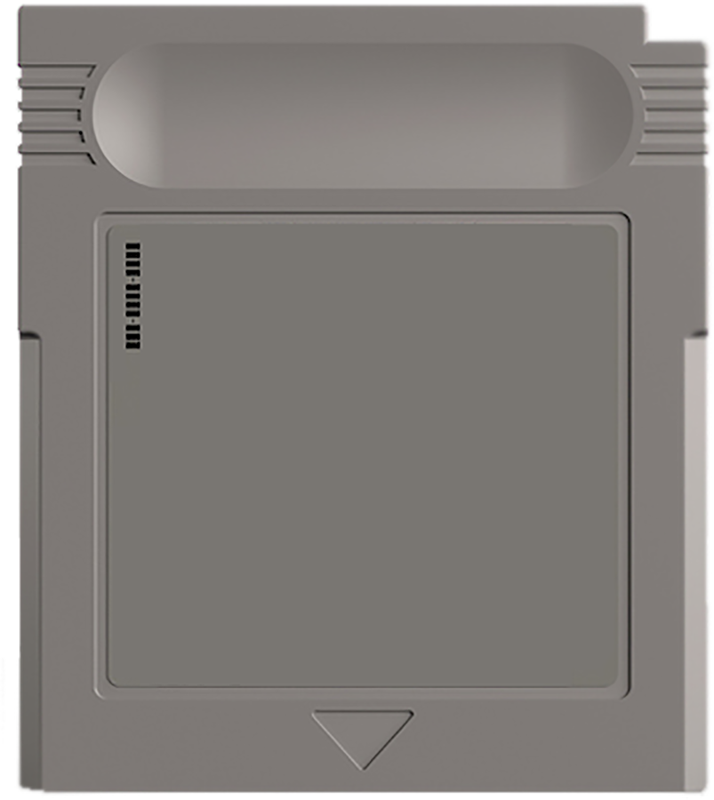
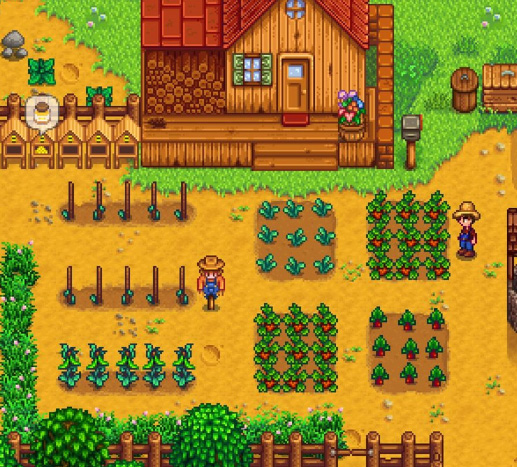

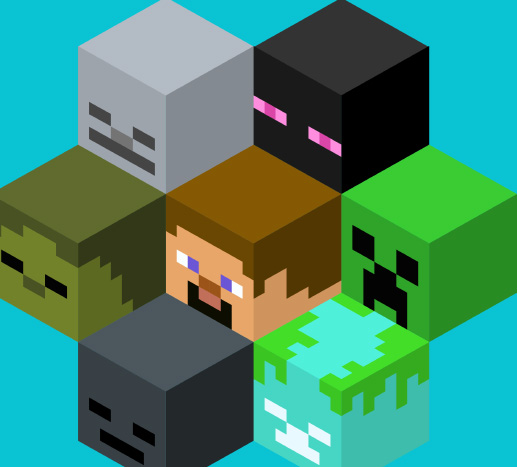

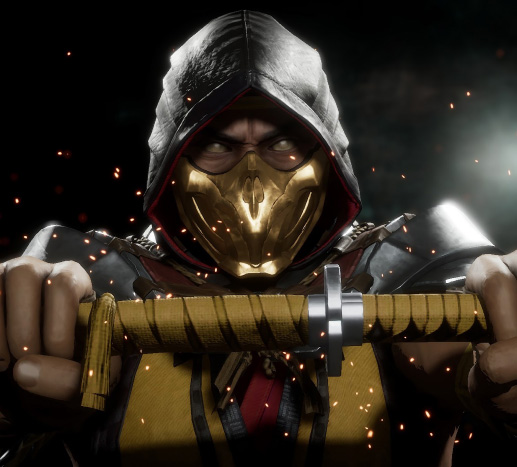

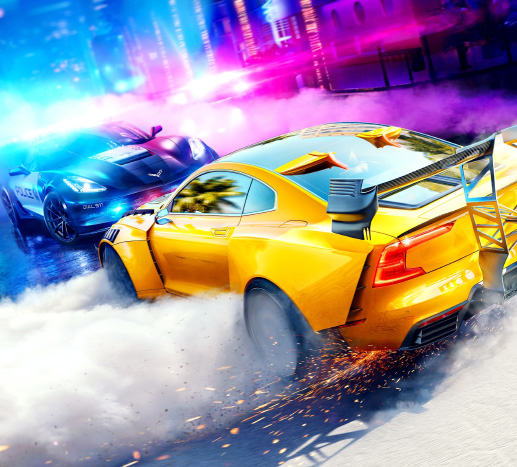

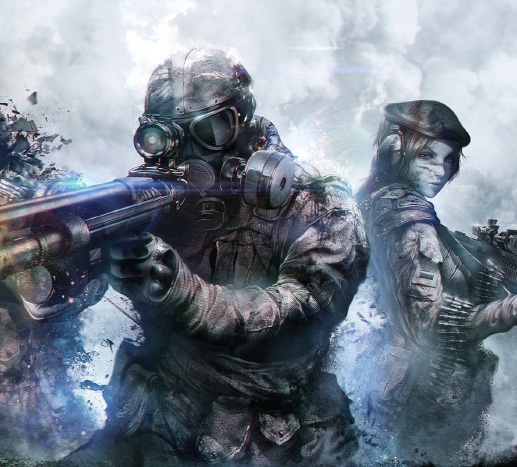

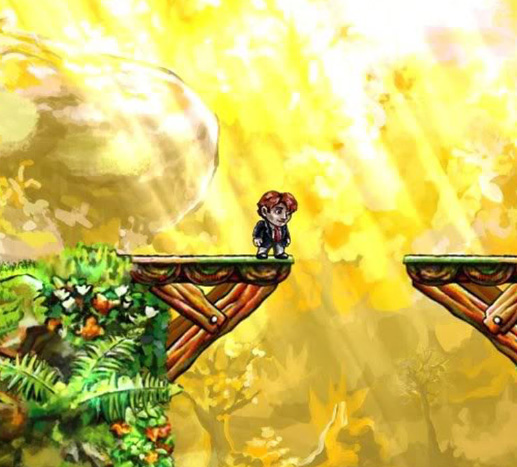

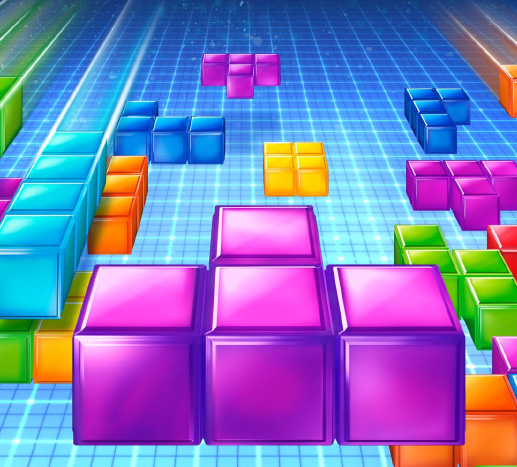

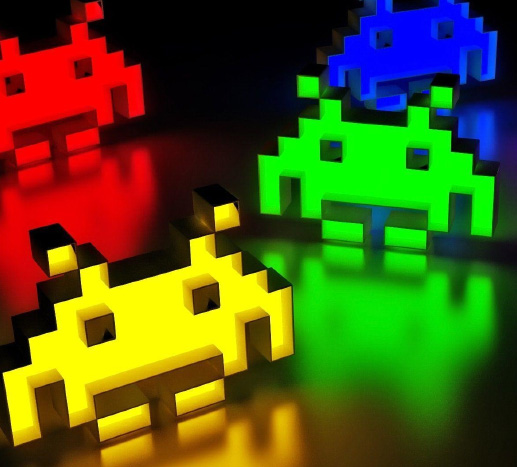

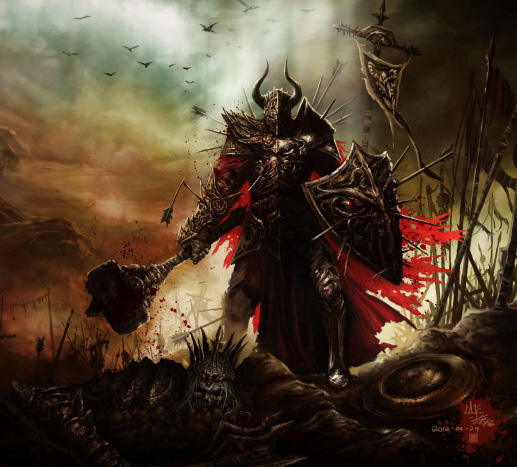

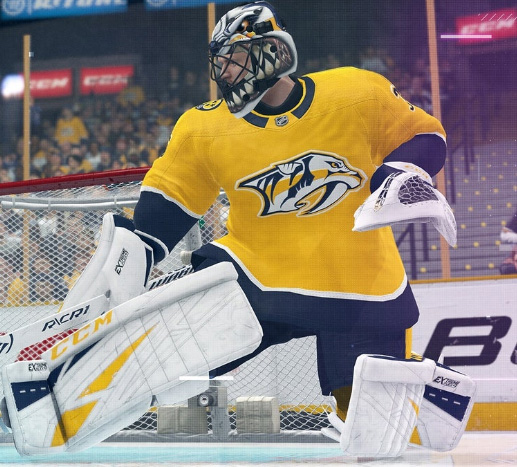

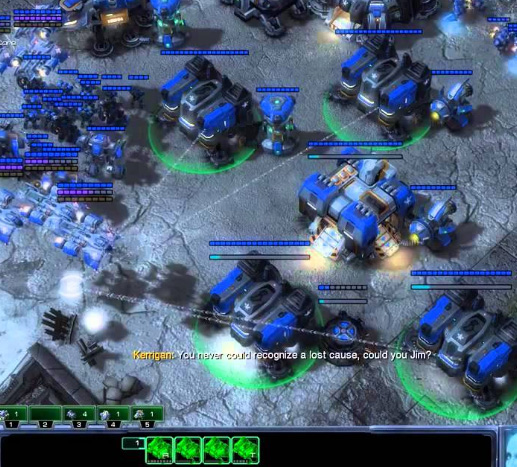

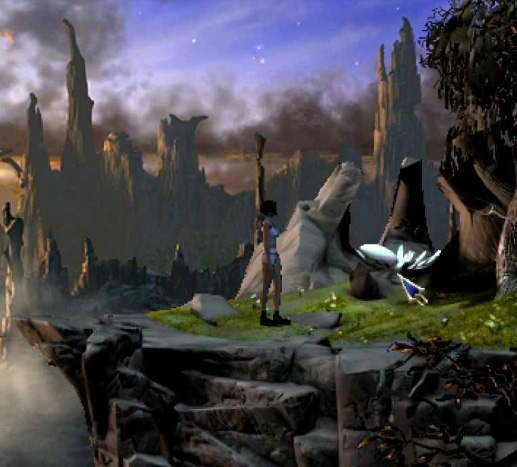
History of games and consoles
Game Mechanics
Terms
Emergence
- refers to the fact that the behavior is the result of a complex and dynamic system of rules
Progression
- refers to the structures in games where a designer outlined the possible game states beforehand, usually through level design.
Gameplay
- an emergent property of the game as defined by its rules
Mechanics
- a set of rules governing the behavior of a single game element.
System
- interacting group of game elements forming a unified whole
Level
- structure in a game that dictates what challenges players encounter
Terms
Simulation
- a representation of a source system via a less complex system that correlates with the user's understanding of the source system
Bot
- an intelligent artificial player emulating a human player
Agent
- an intelligent autonomous entity, having the ability to manipulate its environment
Mob
- a generic monster/enemy or a group of monsters
NPC
- non-playable character - doesn't play the game but rather interacts with the player
Game Basic Elements
Mechanics
- a set of rules governing the behavior of a single game element
Story
- a sequence of events that unfolds in the game
Aesthetics
- how the game looks, sounds, tastes, feels,...
Technology
- any materials and interactions that make the game possible
Goals
- define what players try to achieve
Mechanics
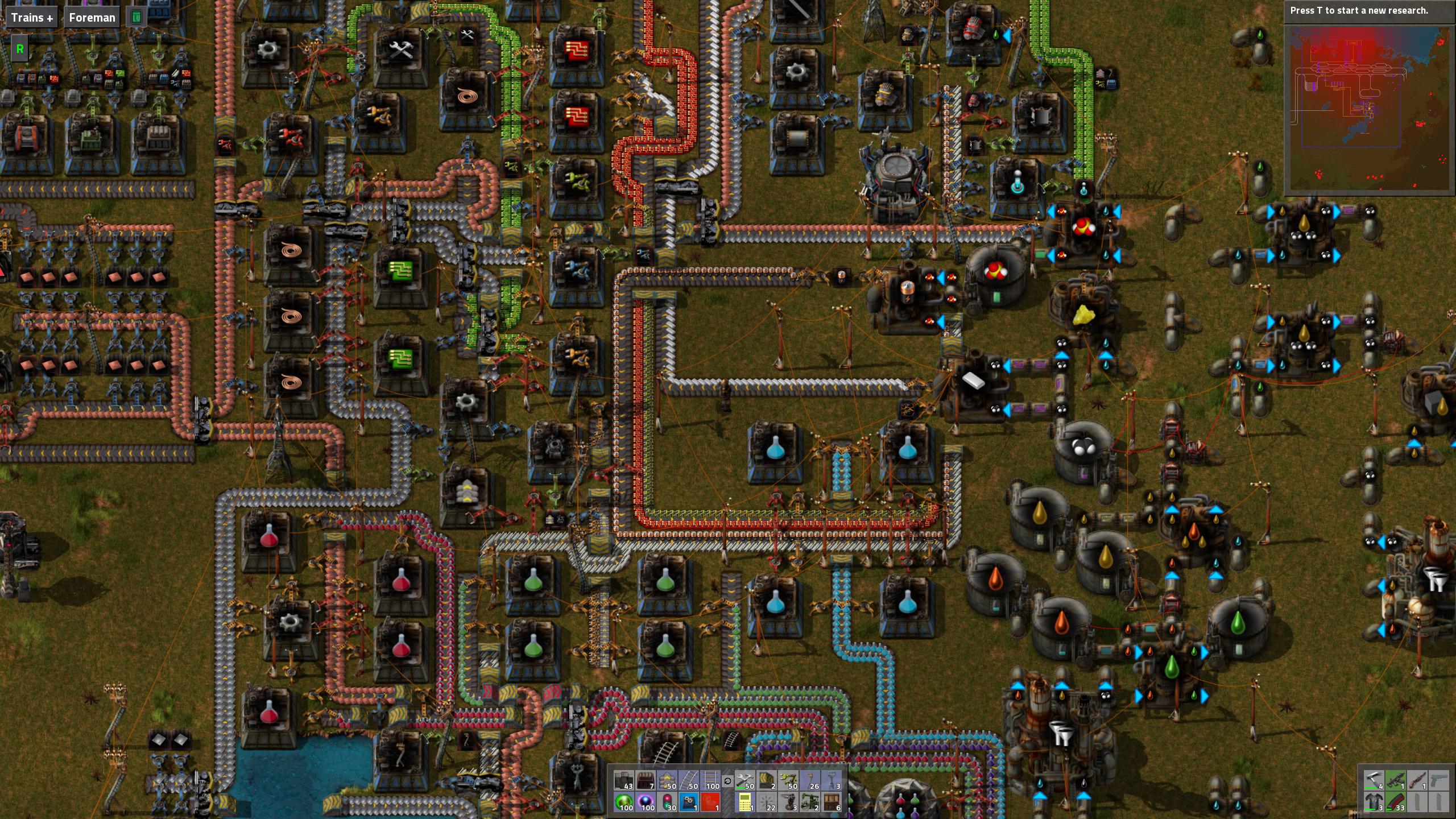
Factorio
Story

Naughty Dog Games

Bethesda Games
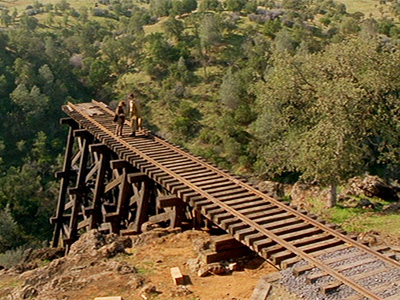
Valve Games
Aesthetics
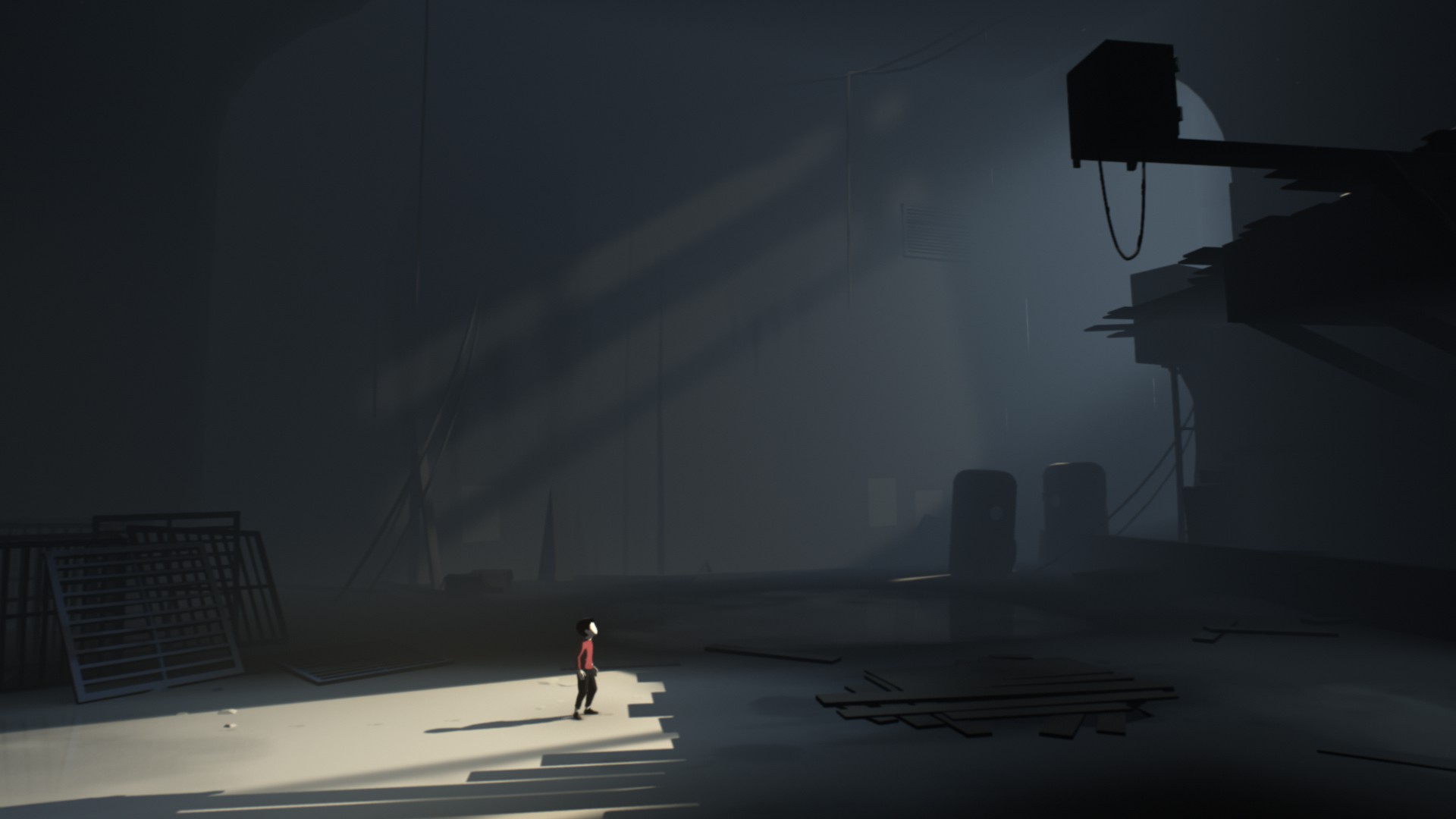
INSIDE
Technology
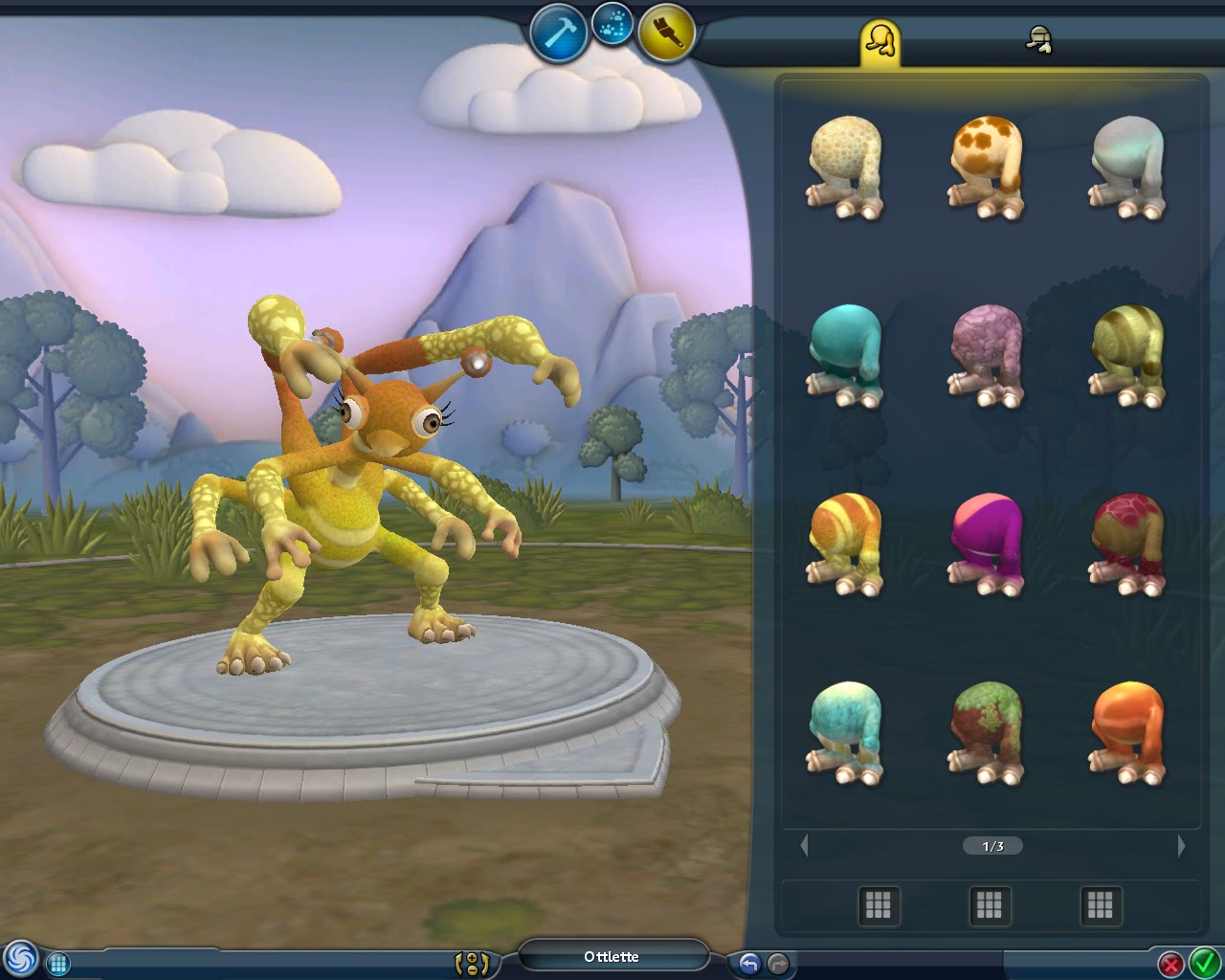
Spore
Goals
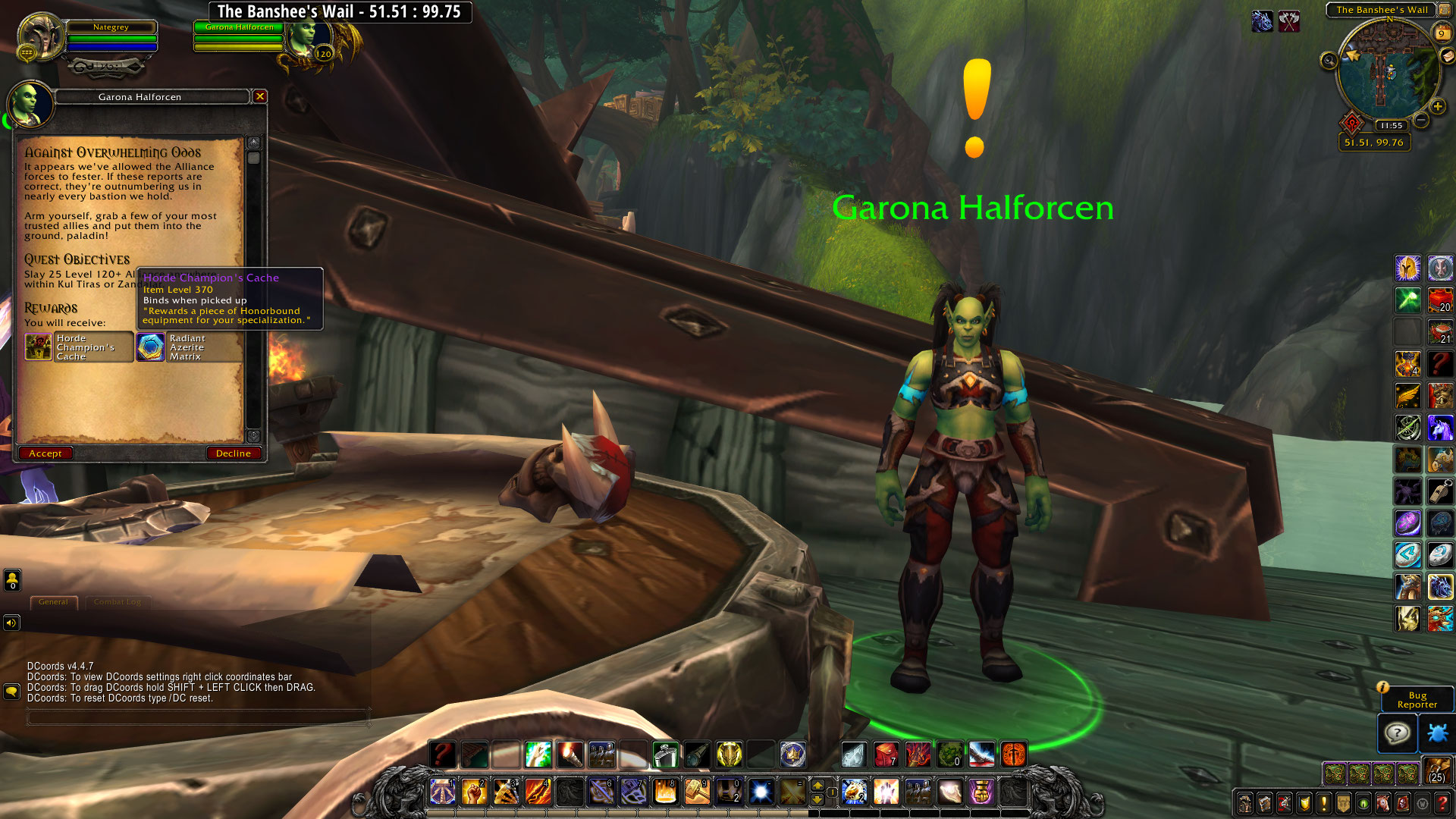
World of Warcraft
Example: Space Invaders
Mechanics - introduced concept of highscore
Story - didn't need to have a story
Aesthetics - three different alien designs
Technology - first videogame of it's kind
Goals - survive as long as you can
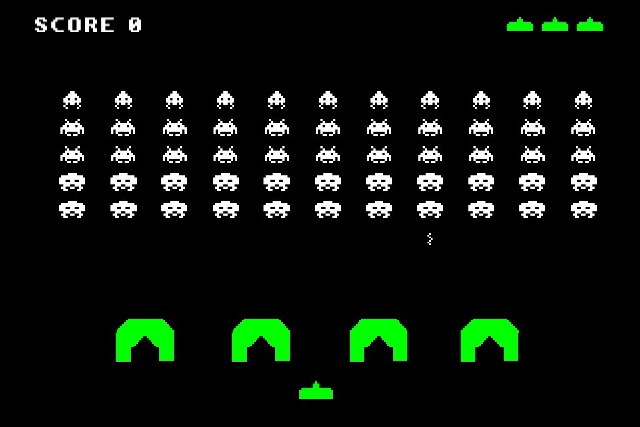
Example: Doom
Mechanics - levels, ambushes, locations, keys, doors, elevators,...
Story - unnamed hero (Doomguy) fighting against invading demons
Aesthetics - advanced sounds and music (for that period)
Technology - pseudo 3D FPS perspective
Goals - beat all levels
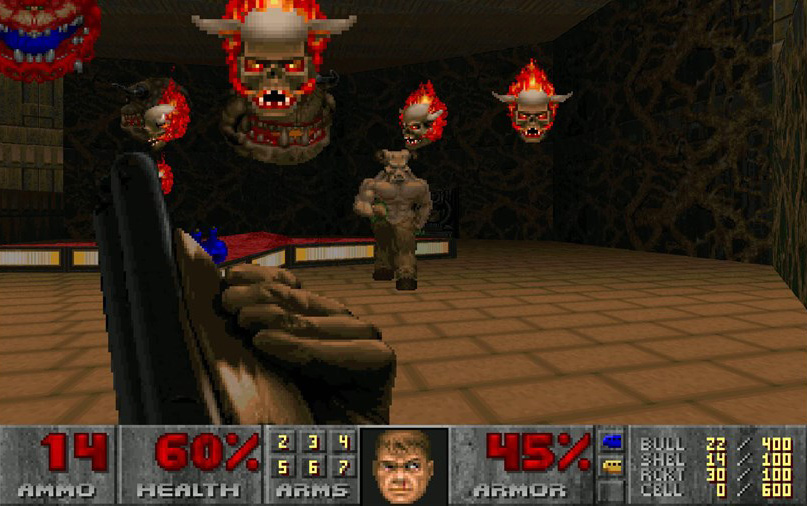
Example: No man's sky
Mechanics - exploration, crafting, gathering, building
Story - space-exploration game with heavy resource-gathering elements
Aesthetics - visually stunning lush world
Technology - (pseudo) random generated world
Goals - get to the centre of the galaxy
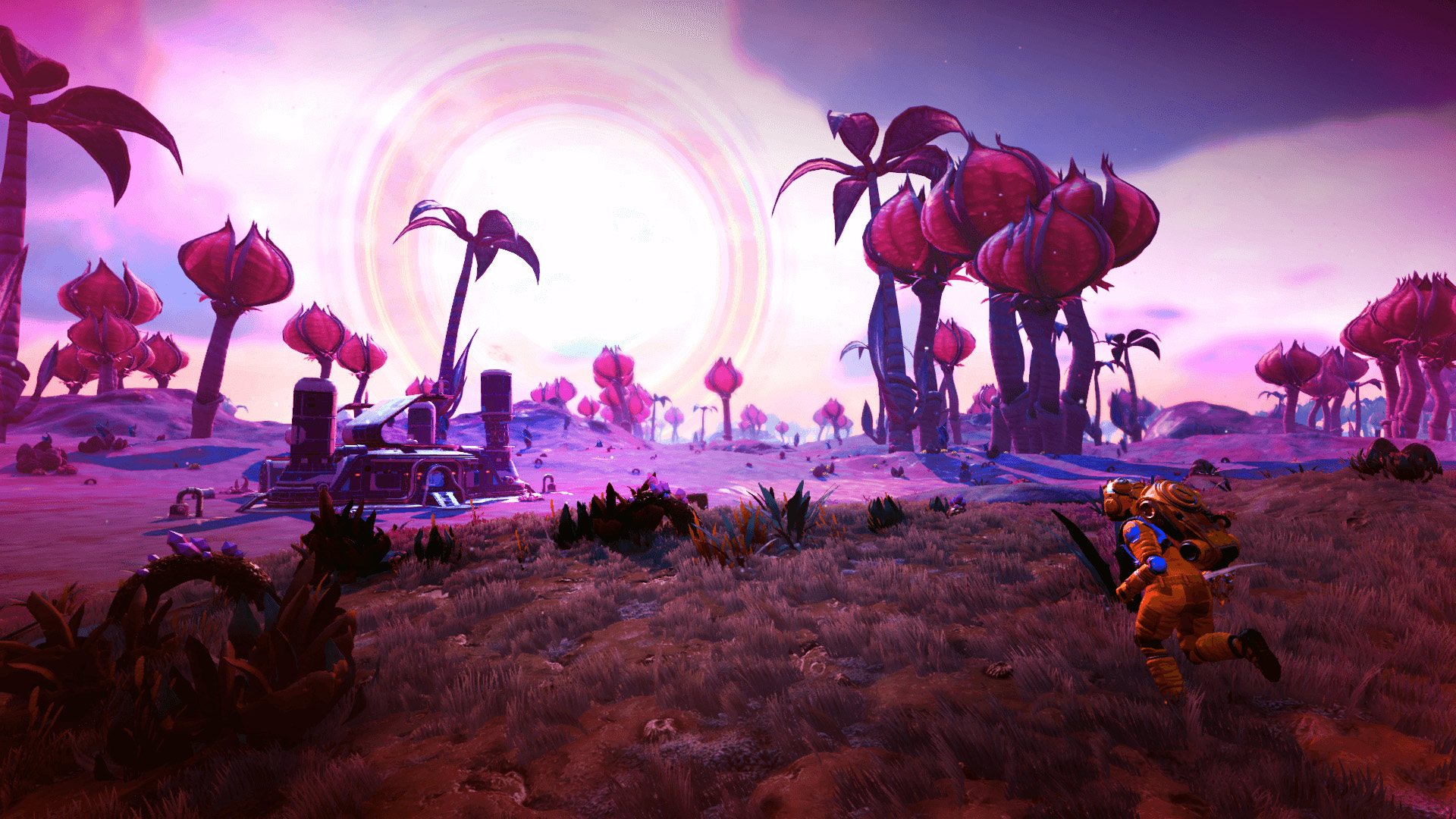
Example: League of Legends
Mechanics - crowd, elo, gank, items, juking, kiting, last hit, pushing, recall, points, warding, zoning
Story - a plethora of stories in the LoL blog
Aesthetics - cartoonish style
Technology - MOBA (Multiplayer Online Battle Arena), Riot Servers
Goals - defeat the opposite team
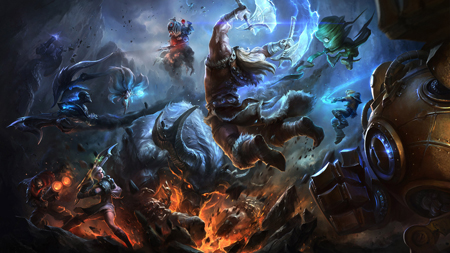
Example: Tormentum Dark Sorrow
Mechanics - point-and-click adventure (go, move, examine, walk)
Story - the main element of the game
Aesthetics - biomechanic surrealism
Technology - simple sprite fragments
Goals - finish the game and unravel the story
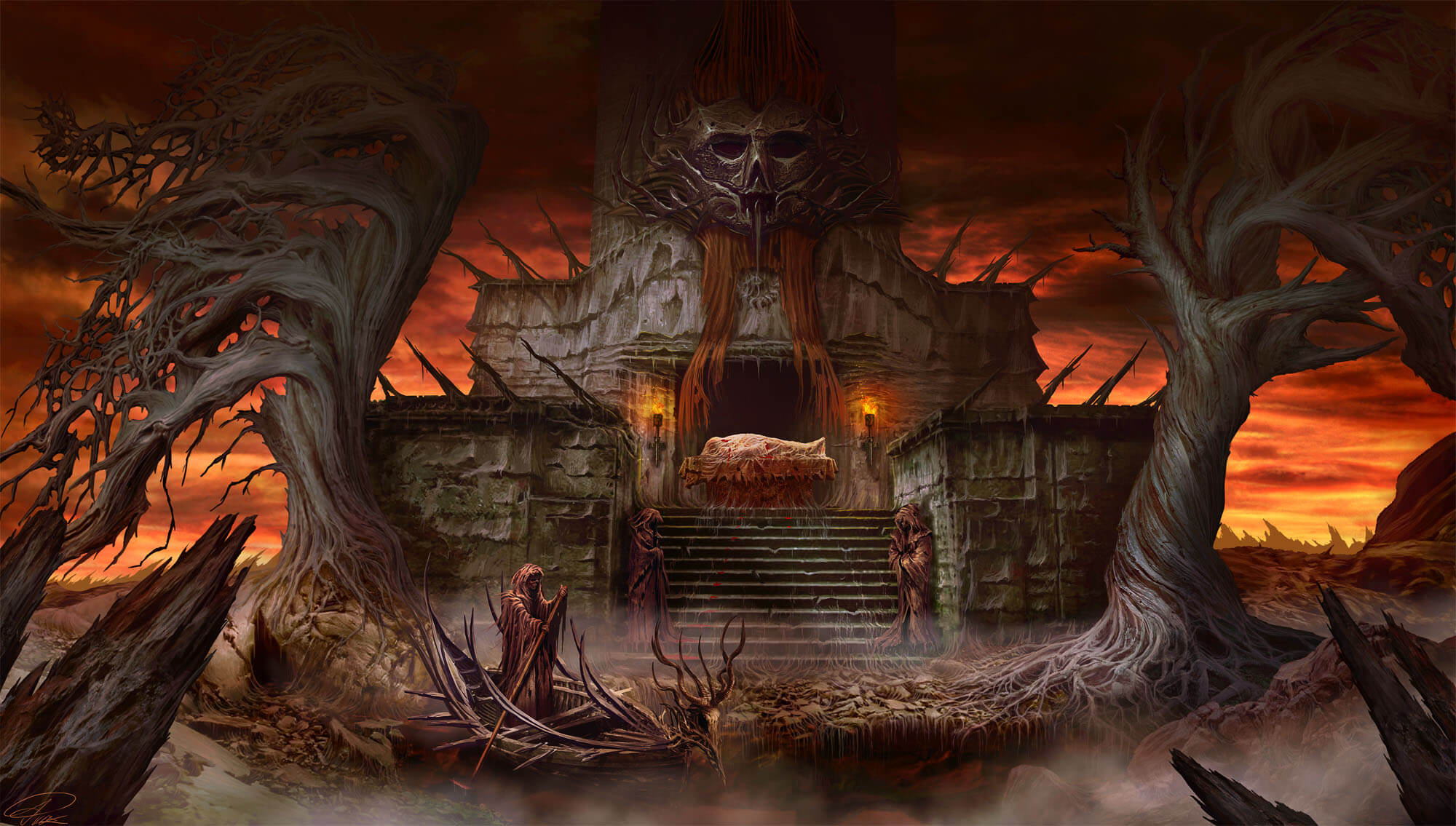
Game Mechanic Entities
Space
- various spaces that can exist in a game and how they are related
- physical and conceptual relationships
Objects
- entities that can be seen or manipulated
Actions
- an object's turn to act
Rules
- statements that describe constraints, consequences and goals
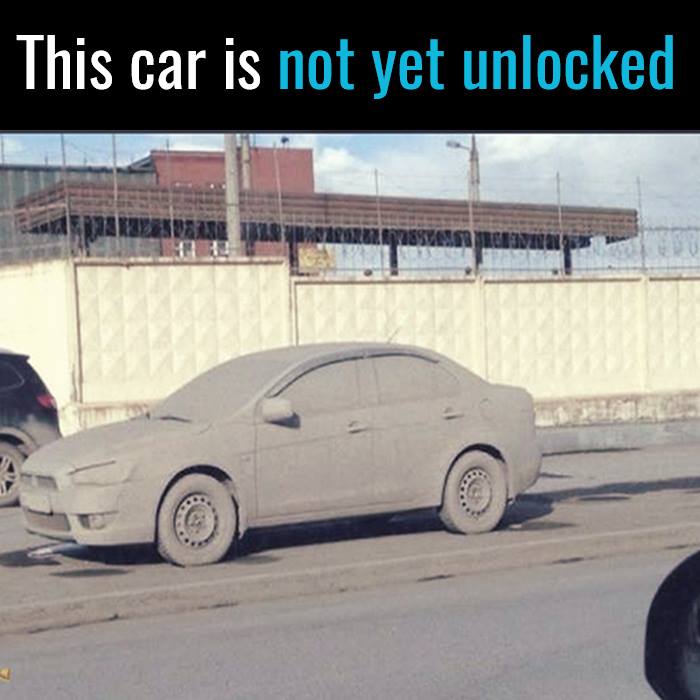
Example: Pong
Space - 2D board
Objects - two players (paddles) and colliding ball, score
Actions - move up/down (1 degree of freedom), release the ball
Rules - the ball has a constant linear velocity. Angle of incidence is angle of reflection. Player earns one point when the other player fails to return the ball. The winner is the one who reaches eleven points before the opponent
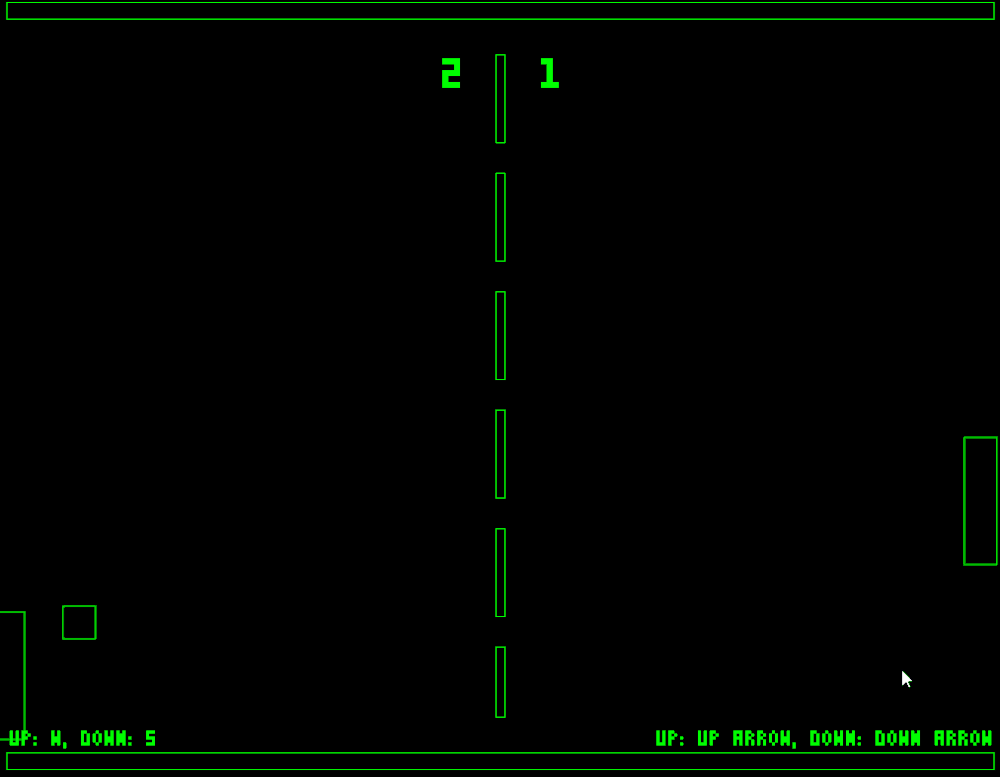
Example: Block Breaker
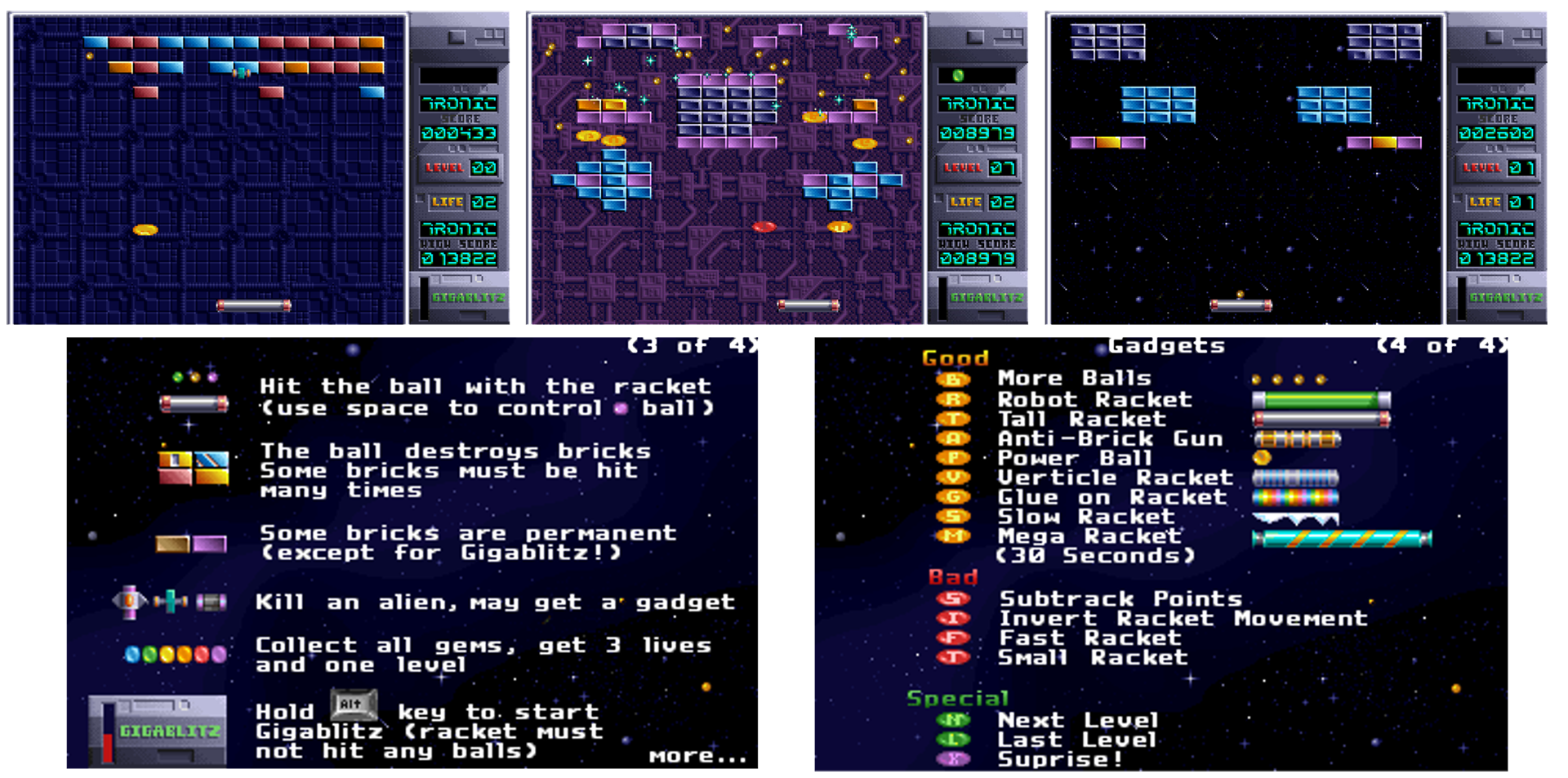
Rise of game engines
Pre-engine era
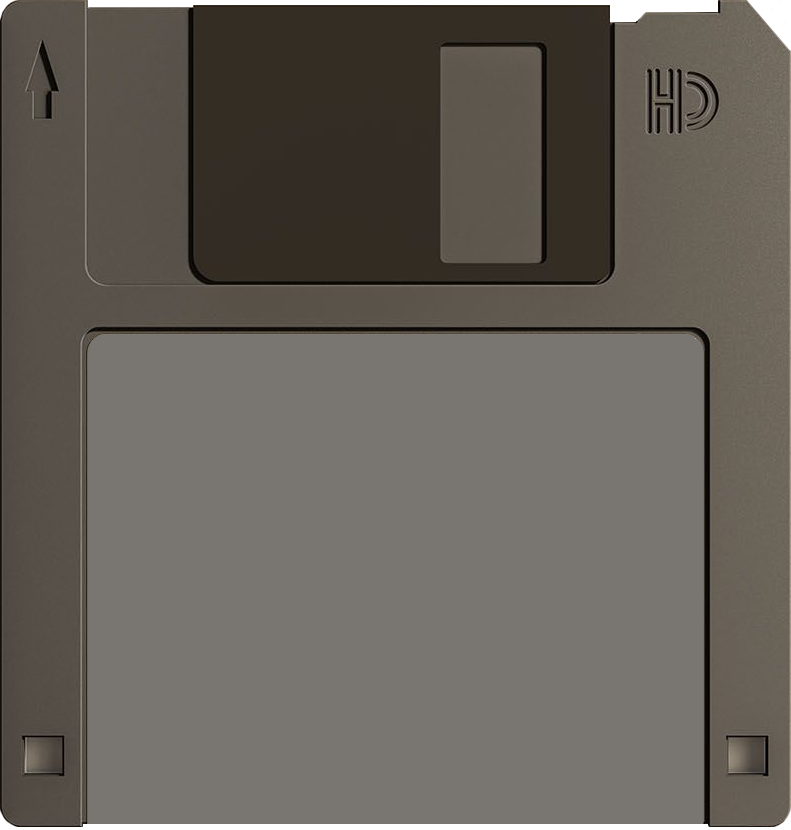
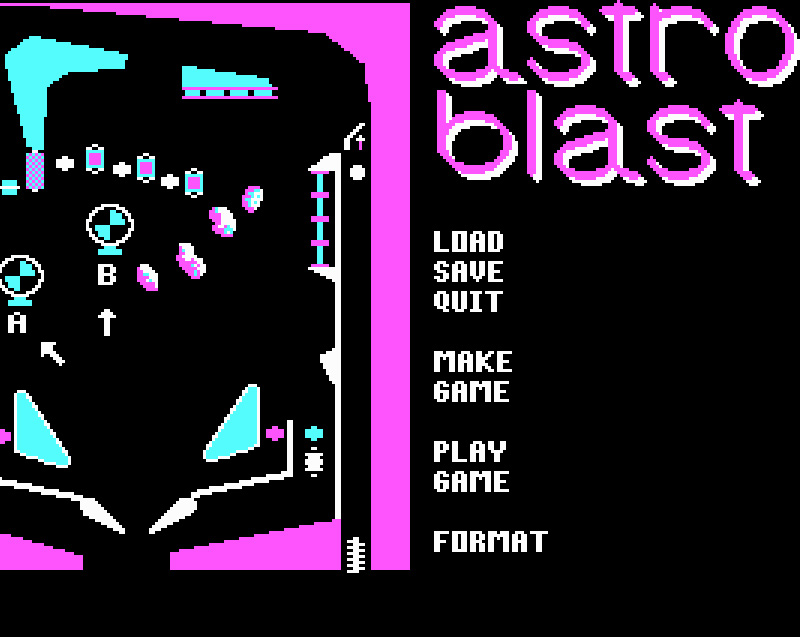

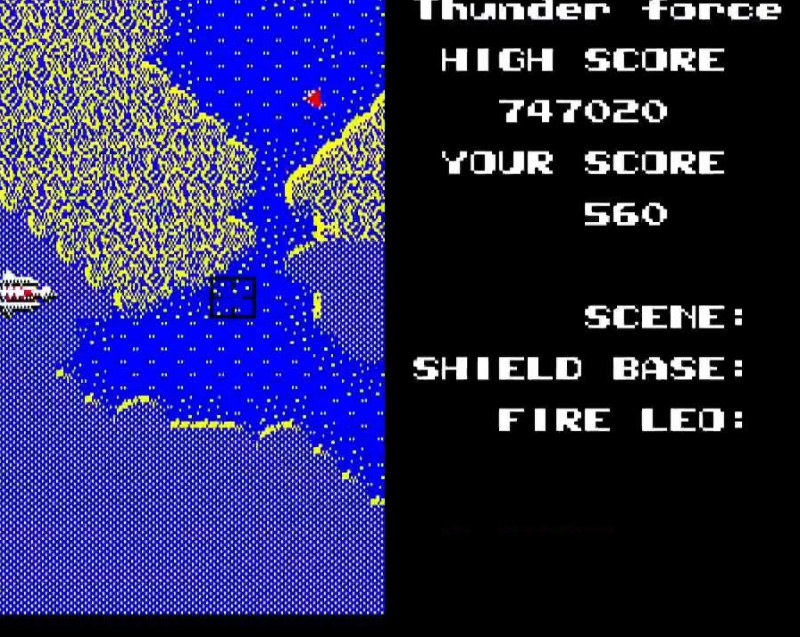

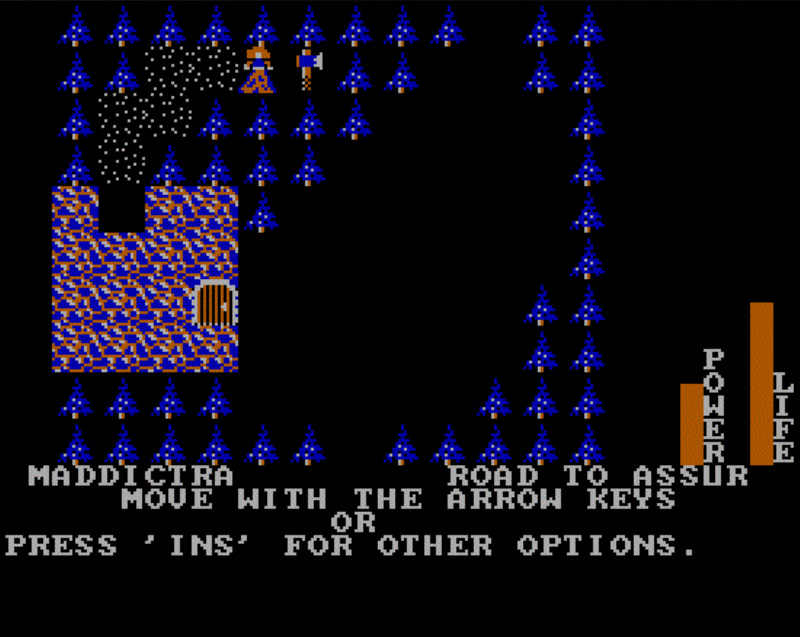

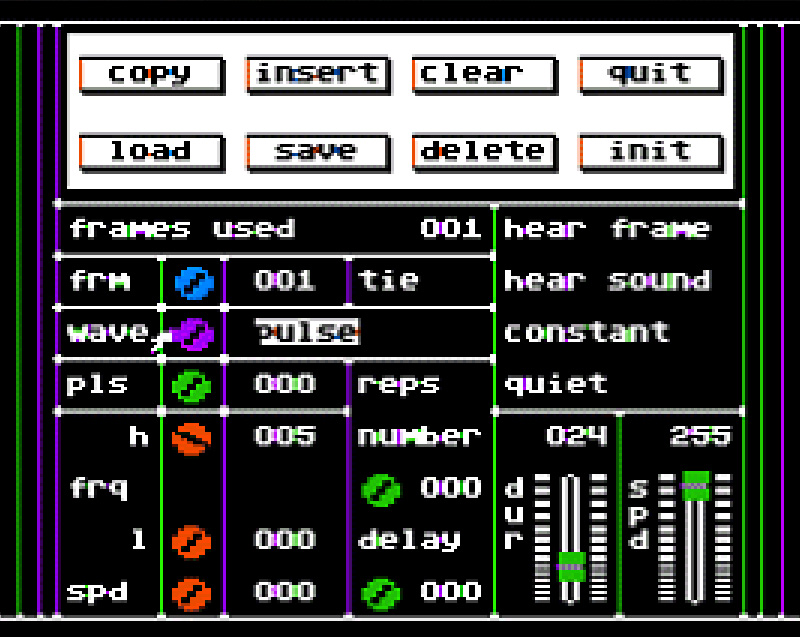

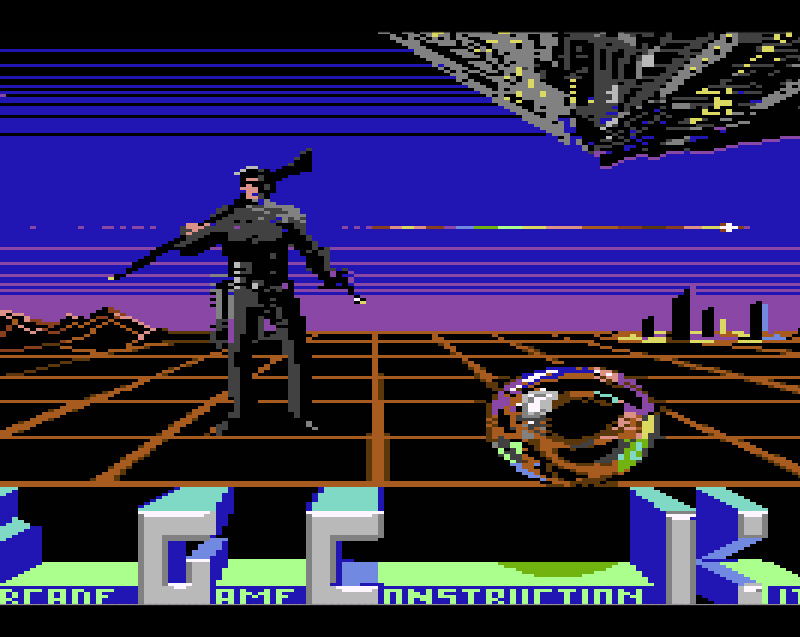

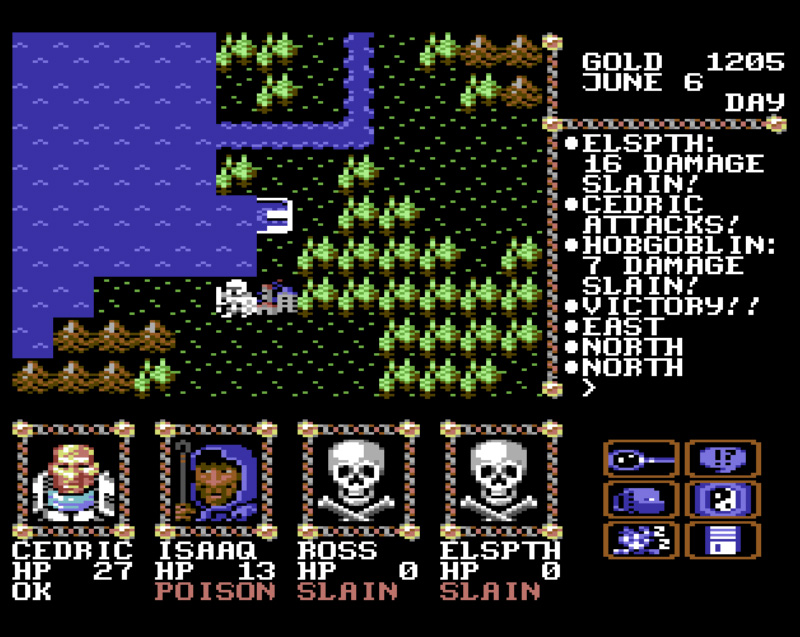
1984: Breakout
| 1 | move_paddle |
| 2 | ;read input from joystick |
| 3 | lda joystick2;joy port 2 |
| 4 | and #8 ;right |
| 5 | beq move_paddle_right |
| 6 | lda joystick2 |
| 7 | and #4 ;#left |
| 8 | beq move_paddle_left |
| 9 | rts |
| 10 | check_ball_paddle_collision |
| 11 | lda sprite_collision |
| 12 | and #2 |
| 13 | cmp #2 |
| 14 | beq ball_paddle_collision |
| 15 | rts |
| 16 | ball_paddle_collision |
| 17 | ... |
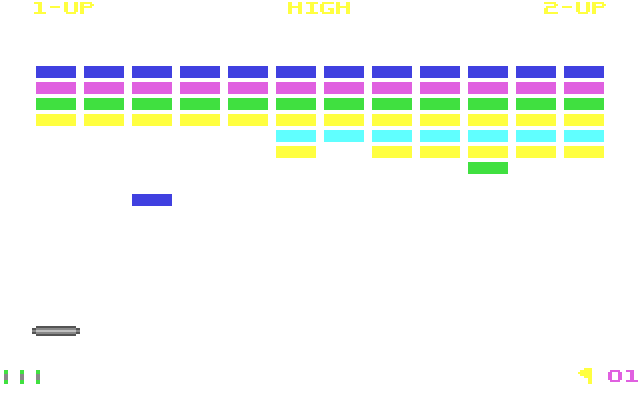
1989: Prince of Persia
Guard controller
| 1 | :underctrl |
| 2 | lda CharSword |
| 3 | cmp #2 ;in fighting mode? |
| 4 | beq FightCtrl ;yes |
| 5 | |
| 6 | lda CharID |
| 7 | cmp #2 ;kid or shadowman? |
| 8 | bcc :cont |
| 9 | jmp GuardCtrl ;no |
| 10 | |
| 11 | * What is he doing now? |
| 12 | :cont ldx CharPosn ;previous frame # |
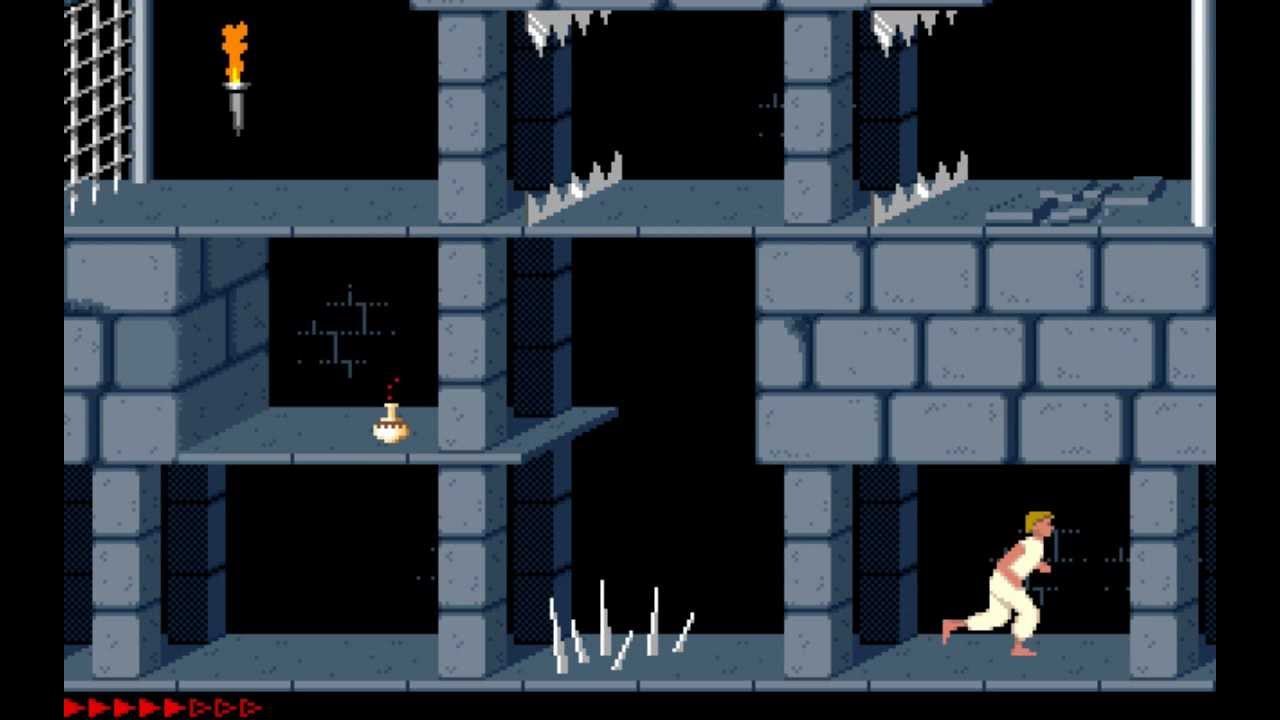
Source code for Apple II: link
ID Tech
- Family of game engines developed by ID Software
- Id Tech 0 - the very first game engine
- Every next game had more advanced technology
- Still, memory constraints sabotaged attempts to create data-heavy design

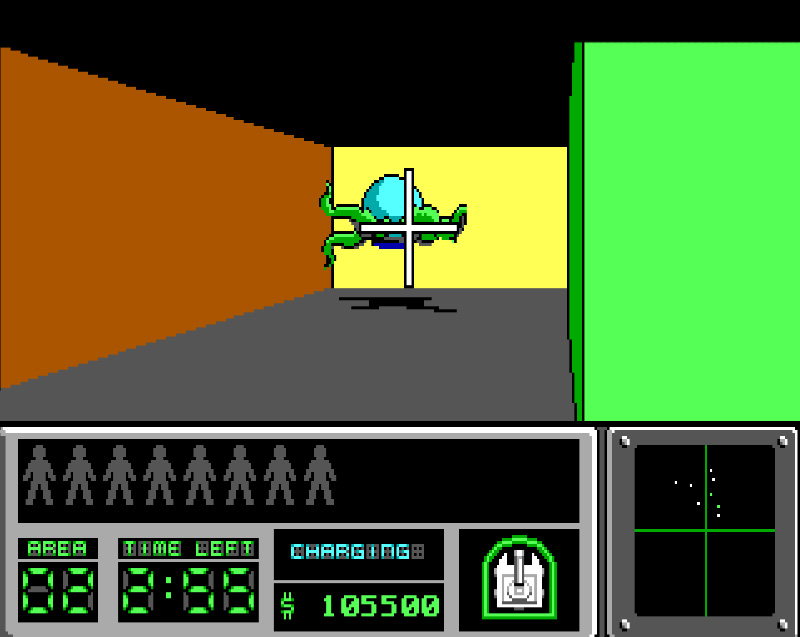

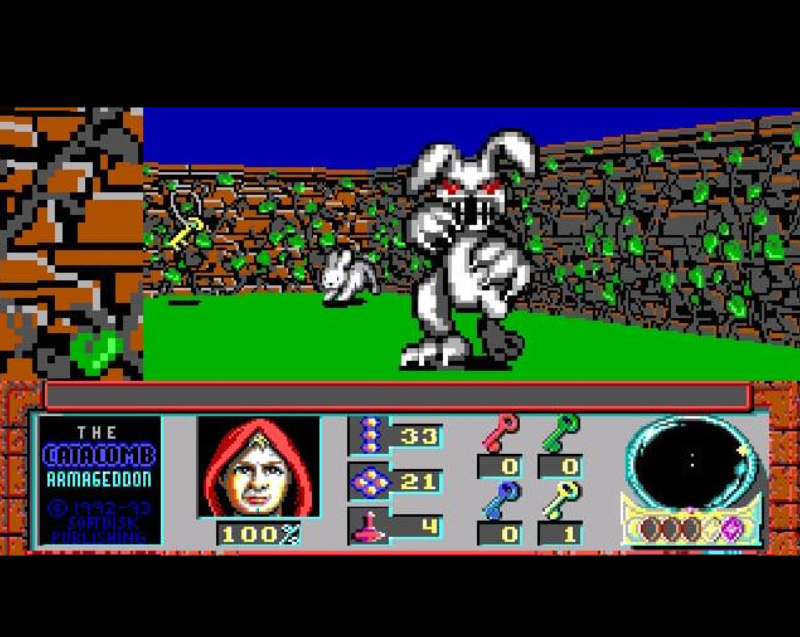

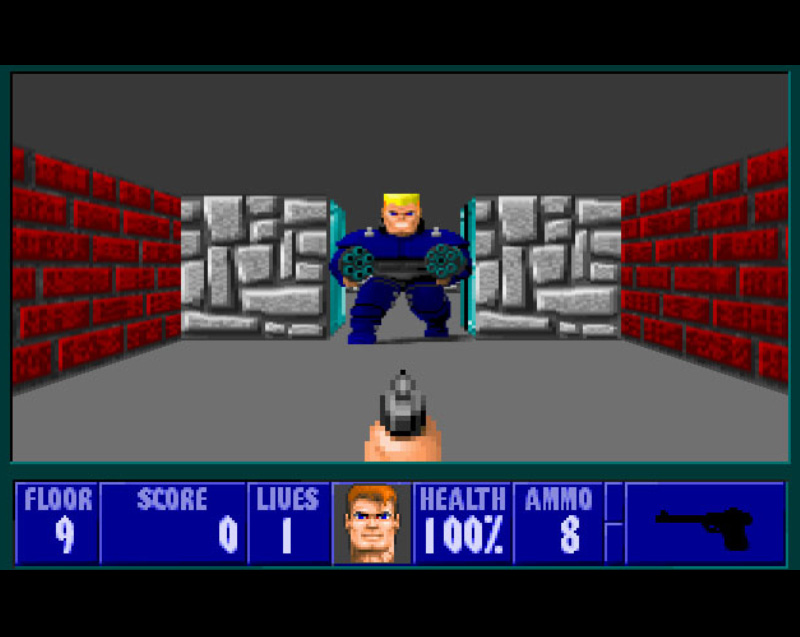

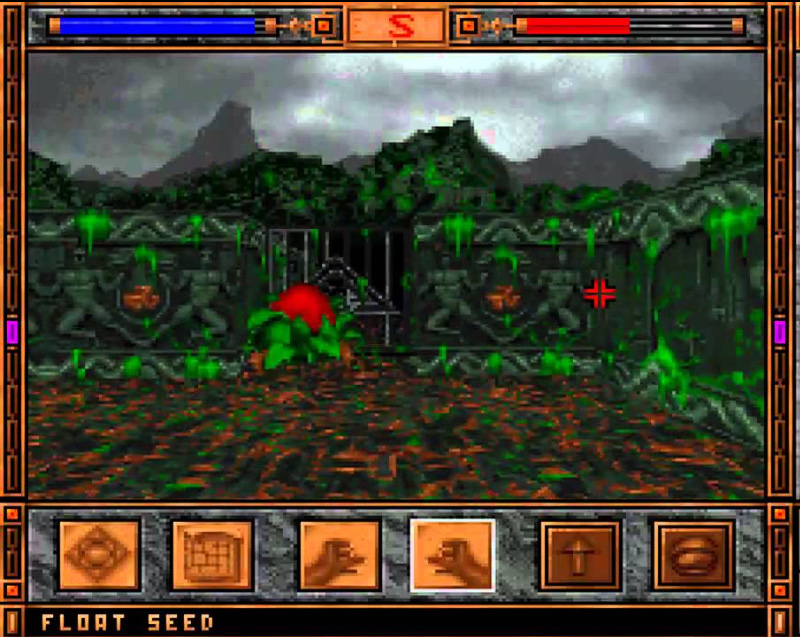
1993: Doom
| 1 | boolean P_CheckMissileRange (mobj_t* actor){ |
| 2 | if (!P_CheckSight(actor, actor->target)) |
| 3 | return false; // can’t see the target |
| 4 | |
| 5 | if ( actor->flags & MF_JUSTHIT ) { |
| 6 | // just hit -> fight back! |
| 7 | actor->flags &= ~MF_JUSTHIT; |
| 8 | return true; |
| 9 | } |
| 10 | |
| 11 | if (actor->reactiontime) |
| 12 | return false; // do not attack yet |
| 13 | |
| 14 | dist = P_AproxDistance (actor, target) |
| 15 | - 64*FRACUNIT; |
| 16 | |
| 17 | // no melee attack, so fire more |
| 18 | if (!actor->info->meleestate) |
| 19 | dist -= 128*FRACUNIT; |
| 20 | |
| 21 | // check for ARCH-VILE |
| 22 | if (actor->type == MT_VILE){ |
| 23 | if (dist > 14*64) |
| 24 | return false; // too far away |
| 25 | } |
| 26 | } |
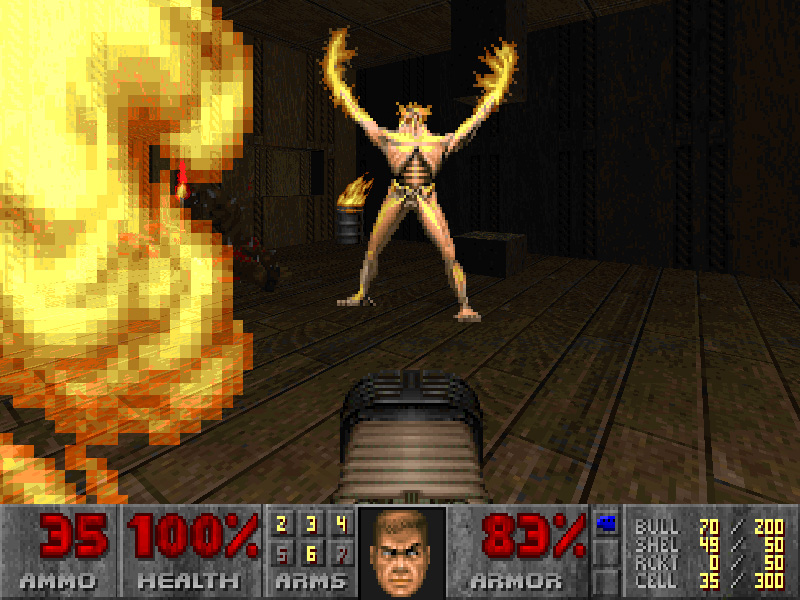
Source code: link
1996: Quake
| 1 | void() DeathSound = { |
| 2 | local float rs; |
| 3 | |
| 4 | // water death sounds |
| 5 | if (self.waterlevel == 3) { |
| 6 | DeathBubbles(5); |
| 7 | sound (self, CHAN_VOICE, |
| 8 | "player/h2odeath.wav", 1, ATTN_NONE); |
| 9 | return; |
| 10 | } |
| 11 | |
| 12 | rs = rint ((random() * 4) + 1); |
| 13 | if (rs == 1) |
| 14 | self.noise = "player/death1.wav"; |
| 15 | if (rs == 2) |
| 16 | self.noise = "player/death2.wav"; |
| 17 | if (rs == 3) |
| 18 | self.noise = "player/death3.wav"; |
| 19 | if (rs == 4) |
| 20 | self.noise = "player/death4.wav"; |
| 21 | if (rs == 5) |
| 22 | self.noise = "player/death5.wav"; |
| 23 | |
| 24 | sound (self, CHAN_VOICE, self.noise, 1, ATTN_NONE); |
| 25 | return; |
| 26 | }; |
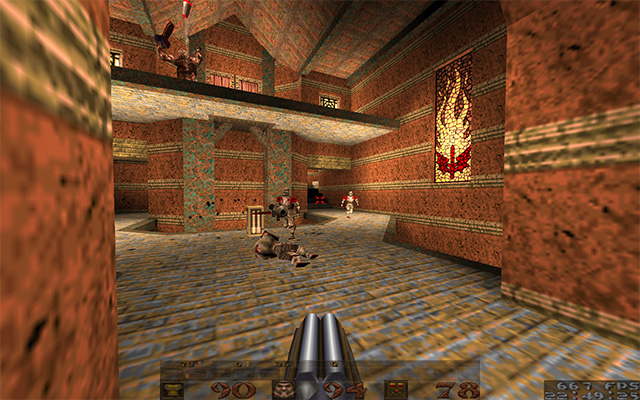
Source code: link
1998: Half-Life
| 1 | // This is a bad way to implement HL1 style sprite fonts, |
| 2 | // but it will work for now |
| 3 | CHL1HudNumbers::CHL1HudNumbers( vgui::Panel *parent, |
| 4 | const char *name ) : BaseClass( parent, name ) |
| 5 | { |
| 6 | vgui::Panel *pParent = g_pClientMode->GetViewport(); |
| 7 | SetParent( pParent ); |
| 8 | } |
| 9 | |
| 10 | // I don't know why, I don't want to know why, I shouldn't |
| 11 | // have to wonder why, but for whatever reason this stupid |
| 12 | // panel isn't laying out correctly unless we do this |
| 13 | InvalidateLayout( true ); |
| 14 | m_pContents->InvalidateLayout( true, true ); |
| 15 | |
| 16 | |
| 17 | // My hope is that this code is so awful I'm never allowed |
| 18 | // to write UI code again. |
| 19 | float fXScale = 1.0f / (float)iSubtileCount, |
| 20 | fXOffsetL = (float)iSubtileIndex * fXScale, |
| 21 | fXOffsetR = (float)(iSubtileIndex + 1) * fXScale, |
| 22 | fXUpperLowerOffset = fXScale * 0.65f; |
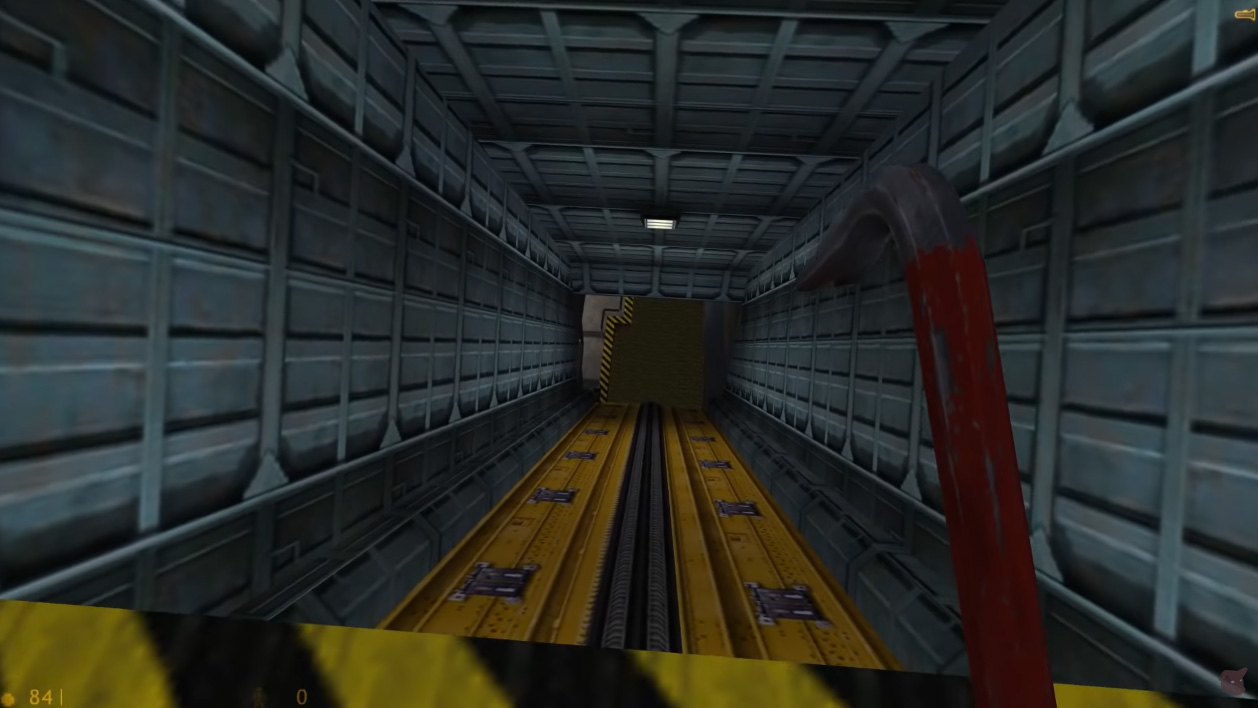
Source code: link
Quake Engine
- ~id Tech 1
- Released by ID Software in 1996
- True 3D real-time rendering
- Binary space partitioning
- 3D light sources, Gouraud shading
- Games released: Quake, Hexen 2, Silver Wings
- Source code released in 1999
- Successors:
- id Tech 2: 1997
- id Tech 3: 1999
- id Tech 4: 2004
- id Tech 5: 2011
- id Tech 6: 2016
- id Tech 7: 2018
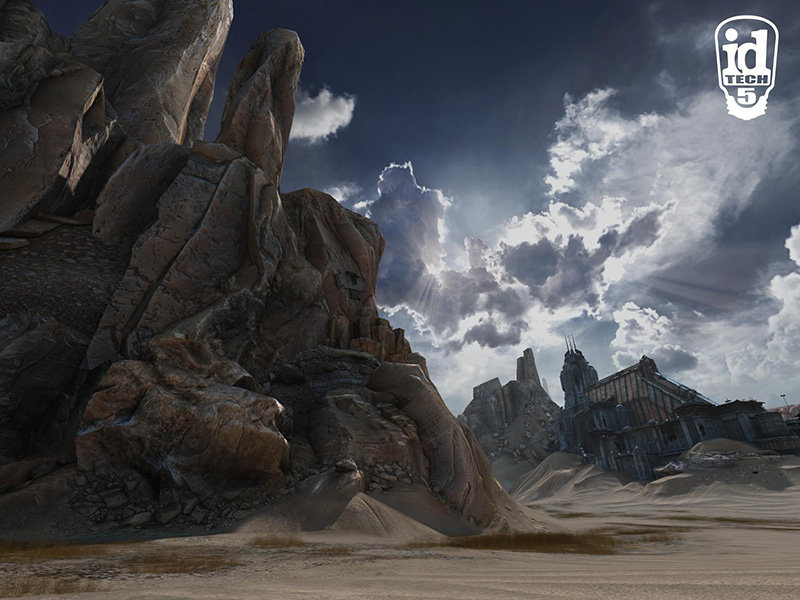
Quake engine family
Influence of Game Engines
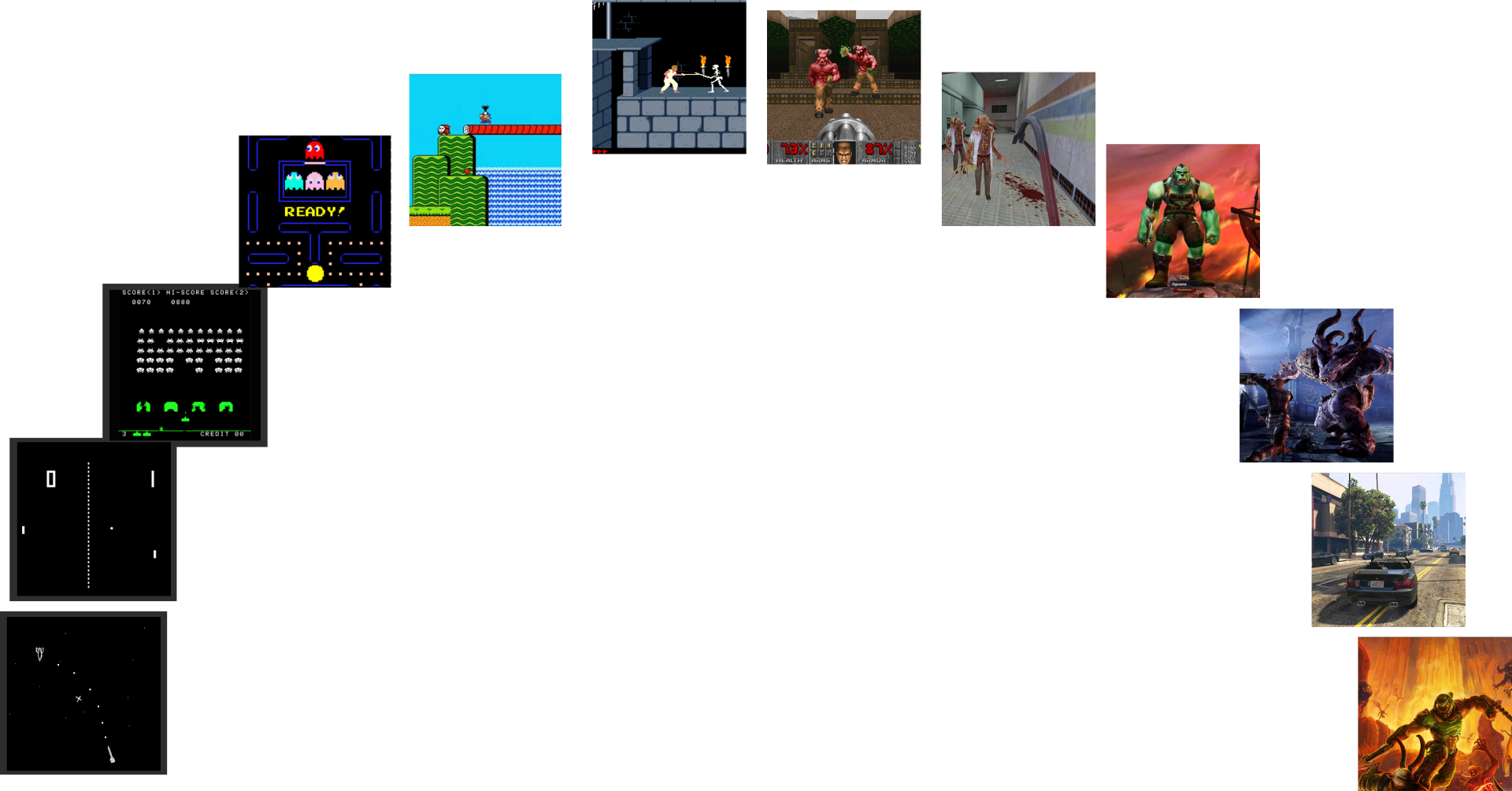
Game Engines Today
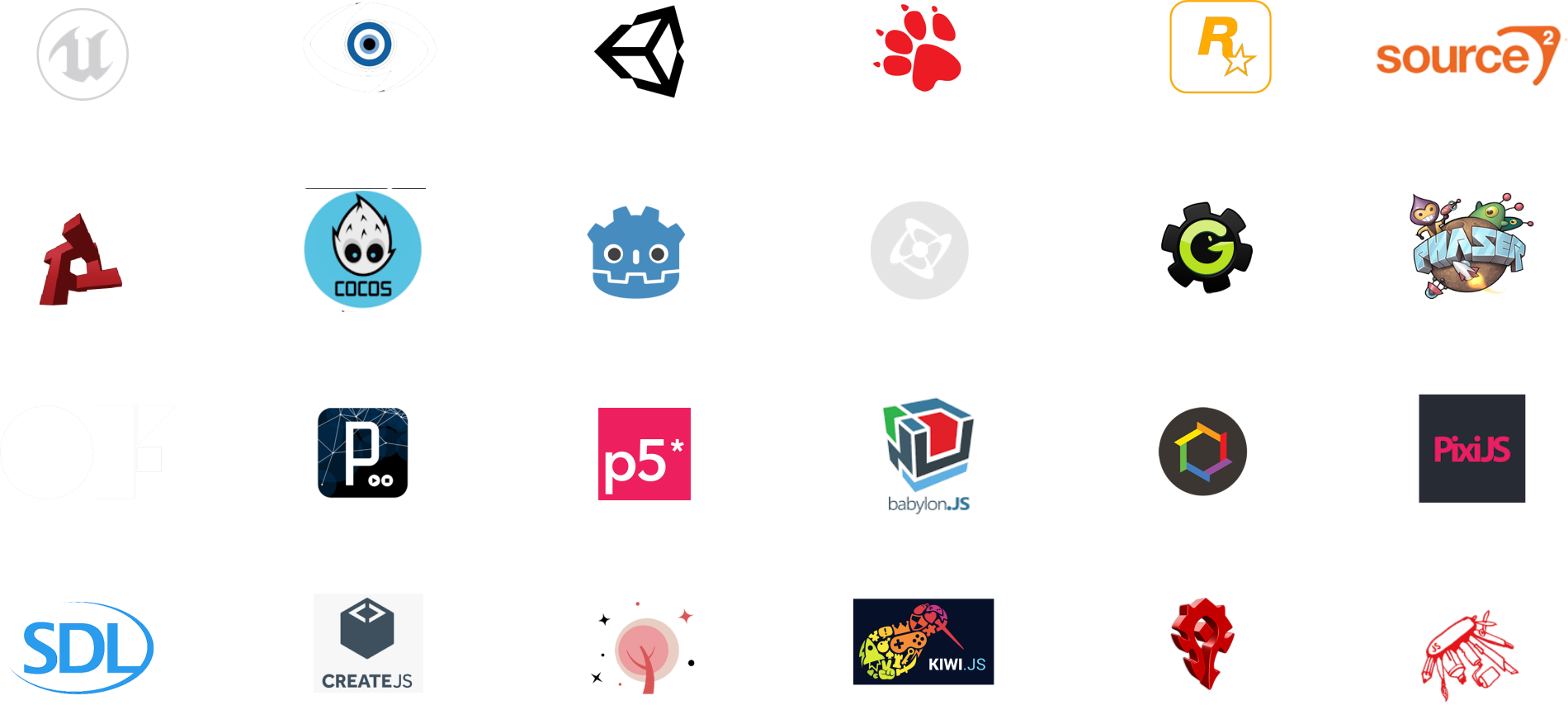
Lecture Summary
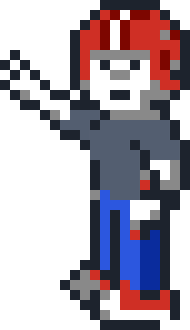
- I'm able to define somehow what a game is
- I know the difference between games and applications
- I know the difference between emergence and progression
- I know terms like gameplay, mechanics, system, level, simulation, bot, agent, mob, NPC
- I know game basic elements
- I know elements/entities of game mechanics
- I know a thing or two about IDTech
Goodbye Quote
So you walk eternally through the shadow realms, standing against evil where all others falter. May your thirst for retribution never quench, may the blood on your sword never dry, and may we never need you again.Doom 4